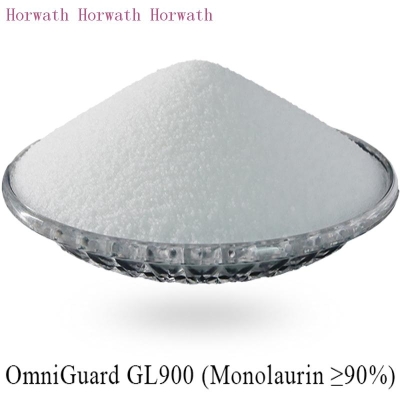-
Categories
-
Pharmaceutical Intermediates
-
Active Pharmaceutical Ingredients
-
Food Additives
- Industrial Coatings
- Agrochemicals
- Dyes and Pigments
- Surfactant
- Flavors and Fragrances
- Chemical Reagents
- Catalyst and Auxiliary
- Natural Products
- Inorganic Chemistry
-
Organic Chemistry
-
Biochemical Engineering
- Analytical Chemistry
-
Cosmetic Ingredient
- Water Treatment Chemical
-
Pharmaceutical Intermediates
Promotion
ECHEMI Mall
Wholesale
Weekly Price
Exhibition
News
-
Trade Service
Introduction: Washington, April 24, Washington, April 24 (odj): Brazilian agriculture minister Roberto Rodrigues said Thursday that he hopes Brazil's legislators can lift the ban on the cultivation of genetically modified soybeans, because there are many drawbacks in the ban AEX Rodrigues predicts that even if the ban is not lifted, Brazilian farmers will continue to grow genetically modified soybeans "This is a fact we have to face, unless there is a change in legislation," he said Brazil produces about 50 million tons of soybeans every year, the second largest soybean producer in the world after the United States Rodrigues said he believes 10% of these soybeans are genetically modified, although some private institutions have raised the proportion to 15% In order to protect the interests of farmers, the Brazilian government passed a decree last month to temporarily allow the sale of genetically modified soybeans before January 31, 2004 Rordrigues said he was one of the sponsors of the proposed law to the new president Silva, because it is a better solution Although the law is temporary, it is better than the ambiguous attitude towards the sale of illegal genetically modified crops The former government's ban on genetically modified crops is a very irresponsible policy "I'm not putting pressure on Parliament, I'm just trying to let every legislator know that their ideas are important for a clear ban on GM technology," said AEX Rodrigues If Parliament fails to act and the ban on transgenes is not lifted before the coming of the interim law next year, the government will have to consider mandatory measures against farmers who violate the law He didn't say what penalties would be imposed on farmers who violated the law, but he explained that the government might ask farmers to produce receipts for the seeds they bought to identify which farmers were planting GM soybeans aEX
aEX







